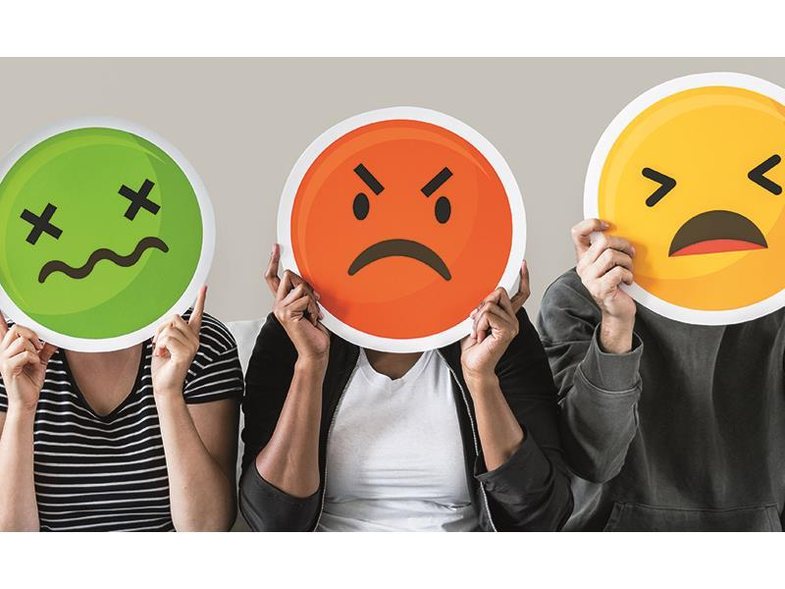
A significant study has revealed shocking data of the escalation of cyberbullying against girls and women in more than 20 countries, where respondents said they are exposed to pornographic messages and photos, online harassment and other forms of cyberbullying. .
These attacks are most common on Facebook, followed by Instagram and WhatsApp, according to the Plan International survey. Plan International is an independent development and humanitarian organization that works in 71 countries around the world to promote children's rights and equality for girls.
Plan International surveyed 14,071 teens and young women aged 15-25 in 22 countries, including Australia, Canada, Brazil, Benin, Japan, Zambia and the US between April 1 and May 5.
In all girls and women surveyed, the most common type of online harm was abusive and insulting language (reported by 59% of respondents), followed by intentional embarrassment (41%) as well as discrimination on the basis of body shape and threats. of sexual violence (both by 39%).
Globally, attacks are most common on Facebook, where 39% have been harassed, followed by Instagram (23%), WhatsApp (14%), Snapchat (10%), Twitter (9%) and TikTok (6%).
When asked who was using violence, 40% said they had experienced bullying from people at school or work, 29% said a friend and 16% mentioned ex-partners. Meanwhile, 38% said they were harassed by anonymous social media users.
For girls who identify as LGBTQ + online, almost half said they had experienced harassment because of their sexual or gender identity, and 60% of girls identified as an ethnic minority said they had been specifically targeted because of this.
Plan International CEO Susanne Legena said that while online platforms have given voice to millions of young people, on the other hand "where the worst of humanity has appeared". "As a result, girls are reporting long-term mental health problems and in many cases, do not decide to express themselves and their thoughts for fear of retribution and sometimes leave these platforms altogether."
Caitlin McGrane, head of online cyber security for women at the Gender Equity Victoria project, said the study is crucial because it focuses on cyber security and social media abuse. "Social networks have never been created as a safe space for women and girls," she said. "For example, Facebook founder Mark Zuckerberg created the platform based on a website he created, called FaceMash, which allowed students to upload photos of college girls and rank their beauty."
Source: International Plan, Guardian







